Team at Lincoln University
Chris Winefield (Team leader)
Chris is the principal investigator/team leader at Lincoln Univeristy and has led the development of the grape transposon project with a view of utilising endogenous transposons to develop a tagged mutant population in grapevine and other species. The drive to re-activate transposons in plant genomes has led Chris and the team to develop an intimate understanding of the epigenetic regulation of transposons in a somatic context and begin to ask questions about the role of transposons in plant evolution and crop improvement. Woven into this story is the epigenetic responses of plant genomes to transposon activity which in turn raises the question of the role of transposons in terroir - the adaptation of plants to their local environment.
Darrell Lizamore
Darrell leads the bioinformatics and epigenetics focus of the group with particular interests in small RNA biology. We have found that in certain somatic cell cultures, global shifts in DNA methylation patterns are associated with increased transposition of multiple repeat element types. Darrell’s work involves developing new molecular and software approaches to map the activity of these elements and the host response to them. We are particularly interested in how environmental factors modulate the balance between transposition and host silencing.
Ting-Hsuan Chen
Ting-Hsuan is a PhD candidate in Chris' group (co-supervised by both Darrell Lizamore and Ross Bicknell) whose project is to investigate methods to identify specific transposon loci within the grapevine genome that contribute to the transcription of transposons and transposon fragments. Our interest in this area is to identify activatable transposable elements in the grape genome and assess the epigenetic impact of transcriptional activation of transposon families across the grape genome.
Team at Plant & Food Research Ltd.
Ross Bicknell (Team leader)
Ross leads the P&FR project team who are collectively focused on the production of plants from the treatment pipeline we have jointly developed. The team has also been instrumental in developing important bioinformatic tools and databases that we require to house the wealth of data we are producing. Ross also has a long standing interest in Apomixis and has pioneered the use of Hieracium as a model system to study this important phenomena
Philippa Barrell
Philippa has 19 years research experience in plant genetics and molecular biology including studies of transposon mutagenised maize lines and genetic and histological analyses of meiosis-mutants. Philippa is the PFR grape genetics team leader and has recently upskilled in bioinformatics analyses.
Susan Thomson
A member of the PFR Bioinformatics team for 5 years, with a research background in genetics and molecular biology. Her research areas include variant analysis and marker development of polyploid plants. Susan led the development of the transposon insertion bioinformatic pipeline, TE-fingerprint.
TiM Millar
Tim has an MSc in plant systematics and a background in phylogenetics, and is a key member of the PFR Bioinformatics team. Tim has been instrumental in the further development and refinement of TE-Fingerprint. He, along with Susan, provide important bioinformatic support to the programme.
Michelle Thompson
Michelle has led the production of transposon insertion mutants of Pinot noir and latterly Sauvignon blanc. She is also actively working to resolve issues we have faced in the efficient production of plants from tissue culture. Michelle will lead the planned future development of a Sauvignon blanc transposon mutagenised population.






